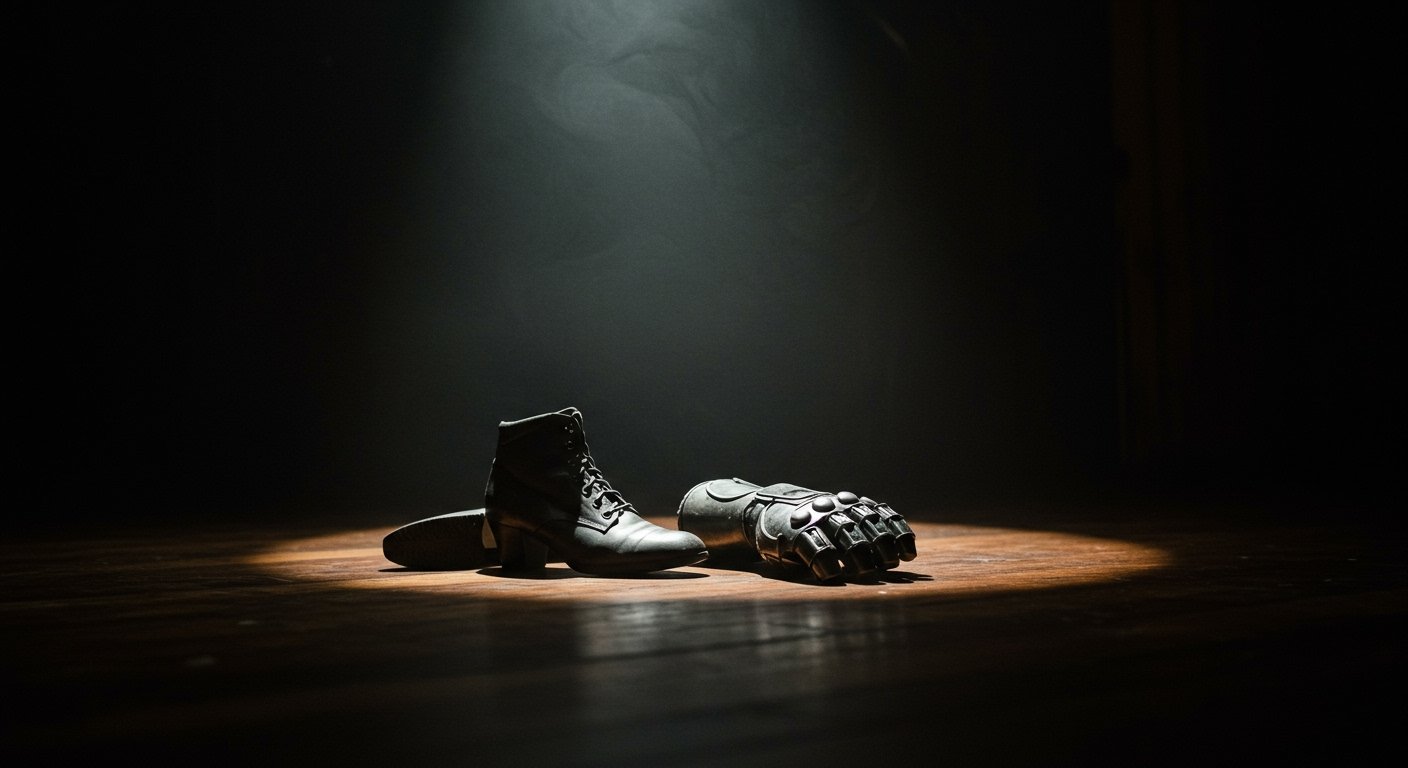New York – In dramatic closing arguments concluding a high-profile trial, New York prosecutors contended that music mogul Sean “Diddy” Combs operated with a belief that he was “above the law.” The assertion came as the complex case, centered on serious allegations of sex trafficking and racketeering, neared its final phase before potentially heading to jury deliberations. Both the prosecution and the defense had previously rested their cases on Tuesday, setting the stage for these crucial final statements designed to sway the jury.
Prosecution’s Central Allegation
During their lengthy and detailed closing arguments, prosecutors laid out their final summary of the evidence presented throughout the trial. A central theme woven through their presentation was the assertion that Sean Combs, widely known by his professional name “Diddy,” leveraged his immense power, wealth, and influence to engage in illicit activities, operating under the assumption that his status placed him beyond legal accountability. They argued that the pattern of behavior demonstrated by the defendant, as presented through witness testimony and other evidence, painted a picture of someone who felt entitled to disregard legal and ethical boundaries. This perception of being “above the law,” prosecutors contended, was fundamental to the alleged criminal enterprise involving sex trafficking and racketeering.
Anatomy of the Charges
The trial revolves around grave charges, primarily sex trafficking and racketeering. Racketeering charges typically involve an ongoing criminal enterprise that engages in illegal acts, often using legitimate or illegitimate businesses as a front. Sex trafficking involves the use of force, fraud, or coercion to obtain some type of labor or commercial sex act. Bringing these charges against a figure as prominent as Sean “Diddy” Combs has drawn significant national and international attention, highlighting the legal system’s engagement with serious allegations against individuals of high public profile. The complexity of proving these charges, especially within the framework of a racketeering enterprise, requires prosecutors to demonstrate a pattern of activity, not just isolated incidents.
The Trial’s Progression
The culmination of the trial’s evidentiary phase occurred earlier this week. Both the prosecution, having presented their case alleging Combs’s criminal conduct, and the defense, challenging those allegations, formally rested their cases on Tuesday. This procedural step signifies that both sides have presented the witnesses and evidence they intend for the jury to consider in reaching a verdict. The shift from presenting evidence to delivering closing arguments marks a critical pivot point, where each side attempts to summarize the case from their perspective, highlight evidence favorable to their position, and persuade the jury towards a particular outcome.
The Defense’s Position
While the provided summary specifically highlights the prosecution’s closing argument and the defense’s action of resting their case on Tuesday, it is understood within the legal process that the defense would also deliver their own closing arguments. The defense’s closing argument serves as their final opportunity to rebut the prosecution’s narrative, emphasize weaknesses in the state’s case, highlight evidence supporting the defendant’s innocence, and offer an alternative interpretation of the events and testimony presented during the trial. Their strategy typically involves challenging the credibility of prosecution witnesses, questioning the interpretation of evidence, and arguing that the prosecution has failed to meet the high burden of proving guilt beyond a reasonable doubt.
What Lies Ahead
With closing arguments now concluded (or in the process of concluding, depending on the exact timing relative to the summary), the next critical phase is the judge’s instructions to the jury. The judge will provide detailed guidance on the relevant laws, the elements of the charges the prosecution must prove, the burden of proof (beyond a reasonable doubt), and how the jury should evaluate the evidence presented. Following these instructions, the jury will retire to deliberate in private. Their deliberation process can take hours, days, or even weeks, depending on the complexity of the case and the evidence. The ultimate goal is to reach a unanimous verdict on each count against the defendant.
Significance of Closing Arguments
Closing arguments are a powerful moment in a trial. For the prosecution, it is the final chance to articulate why they believe the evidence proves the defendant’s guilt. For the defense, it is the final opportunity to argue for acquittal. The prosecution’s specific assertion that Sean “Diddy” Combs believed he was “above the law” in their closing statement is a rhetorical device intended to encapsulate their view of his alleged mindset and behavior, framing it as a conscious disregard for legal norms fueled by power and privilege. Such a framing seeks to persuade the jury that the alleged actions were not accidental or misunderstood, but part of a deliberate pattern of criminal conduct. The defense would counter this narrative in their own closing.
Conclusion:
The trial of Sean “Diddy” Combs has reached a pivotal moment with the delivery of closing arguments. The prosecution’s striking claim that the defendant felt “above the law” serves as a potent final statement as the case transitions towards jury deliberation. With both sides having rested their cases on Tuesday, the focus now shifts entirely to the twelve jurors who will weigh the evidence related to the serious sex trafficking and racketeering charges and ultimately decide the fate of the prominent music figure. The verdict will be a significant development in a case that has captivated public attention since allegations first surfaced.












